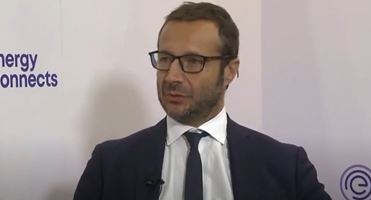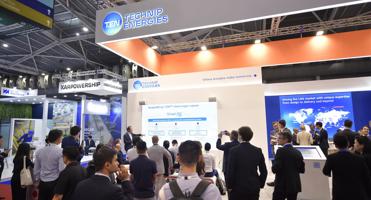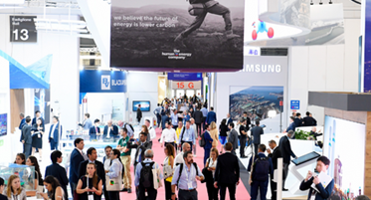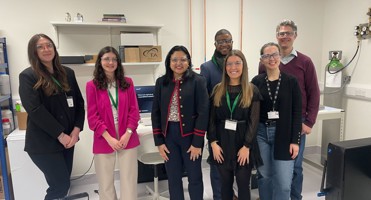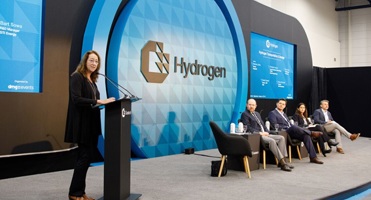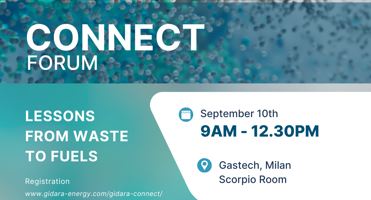The world is moving toward renewable energy sources, but it’s not there yet. Liquefied Natural Gas (LNG) is often referred to as a ‘bridge’ fuel in energy transition efforts; an alternative with lower carbon emissions compared to other fossil fuels such as coal and oil. Because of LNG’s lower greenhouse gas emissions and geopolitical forces disrupting pipeline operations, the global demand for LNG continues to grow. To meet the projected supply demand gap, many aspirational development projects are competing globally. LNG projects require large investment, and the typical project development cycle is long. Companies often face challenges due to rising CAPEX and other project risks due to long (multiyear) project execution. Such larger investments require bankability, world class execution, minimized risk for surety of outcome and efficient management of schedule and quality to control cost.
Modularization can prove to be a good execution strategy versus stick-built projects, as it can reduce execution time while ensuring better control on labor cost and quality. Modular construction is a sure trend that reduces the time to build an LNG plant of any scale with the concept of – design once and build many. In modular construction, LNG trains can be built in factory locations around the world and carried by truck or ship to the final location. Technology providers and EPCs can support this by developing standard designs. It can be an effective way to reduce engineering costs, especially when variations in feed gas quality is not expected (e.g. US pipeline gas as feed).
Building a new facility is just the start. Operational flexibility is also important to manage supply and demand fluctuations efficiently, respond to spot market opportunities quickly, and adapt to ever-evolving sustainability regulations.
Despite being less carbon intensive compared to coal and oil, LNG does have environmental challenges such as methane leakage and CO2 emissions that need to be minimized. Technologies like gas cloud imaging (GCI) can help locate fugitive emissions using advanced proprietary hyperspectral imaging so that appropriate action can be taken.
New market realities demand new technologies and innovations that position producers for digital transformation. Leading vendors who have the process technology, automation and digital solutions under their belt can offer their products digitally, enabled with specialized domain knowledge embedded for:
- Process design
- Operator training
- Process performance prediction
- Advanced process control (APC) & optimization
- Scenario analysis
- Predictive analytics for key assets
This can significantly improve the customer’s bottom line by enabling the plant to start up sooner, get to full capacity faster and run optimally over its lifecycle.
Industrial companies are preparing for the future, aligning with global sustainability goals, digital transformation, while still providing their customers with the technologies they need today.
Improving LNG asset construction and LNG production processes are the first steps toward achieving those goals without sacrificing efficiency or performance.
